Even in areas that don’t get much snow or cold during the winter, winterizing the garage is still a very important task for homeowners who want to keep their homes in one piece all throughout the year. The changes in temperature and climate can have a slew of negative effects on the structure, such as water damage, cracked foundations, frost, malfunctioning plumbing, and so on.
This is why there are a number of things you can do to prevent your garage from being damaged in the winter, preventing unnecessary complications that could cost you time, energy, and a lot of money to repair. With these preparation tips and tricks, your garage will be ready to take on the coldest winters, the harshest blizzards, and all the frost that the cold season throws its way.
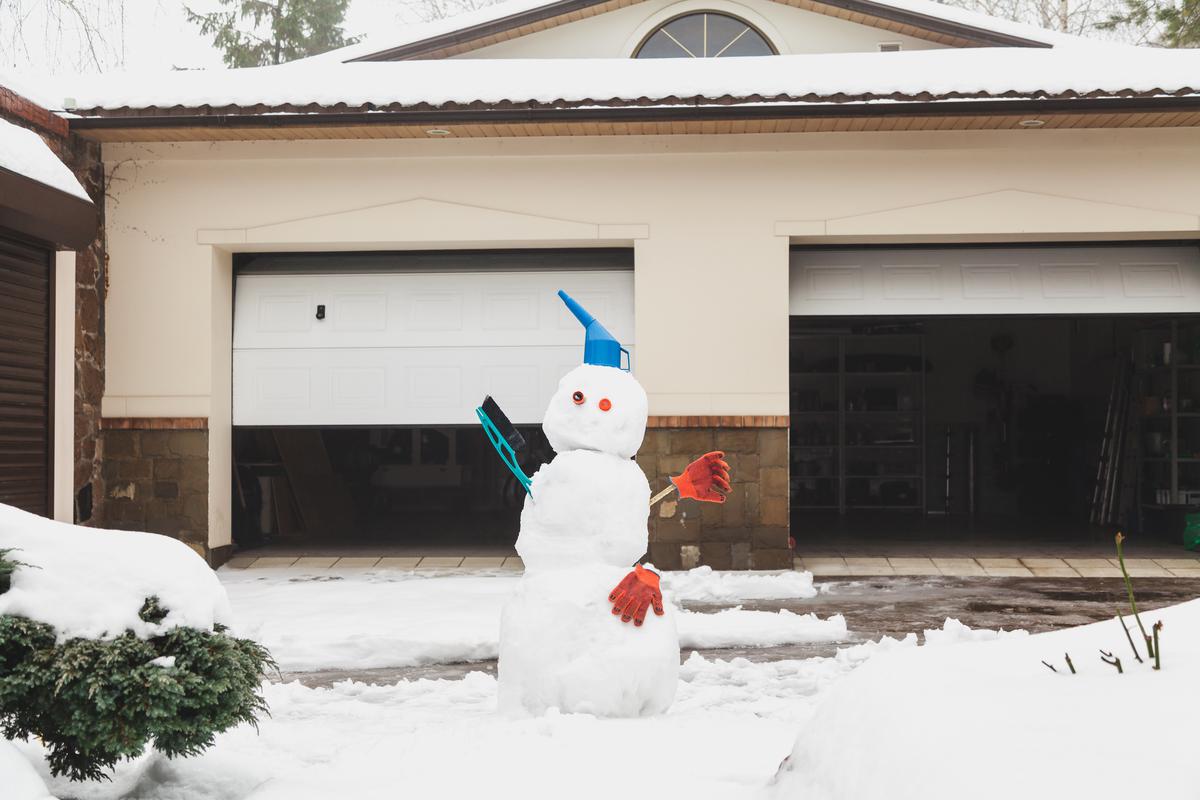
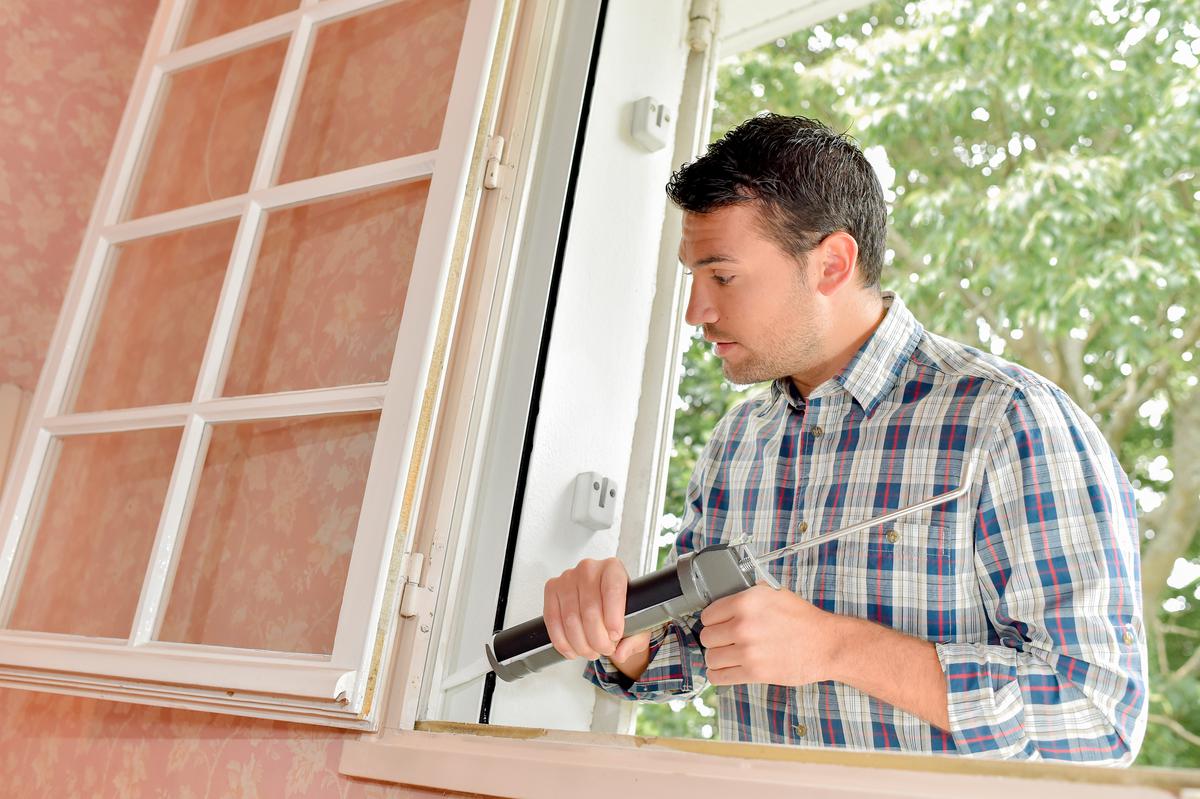
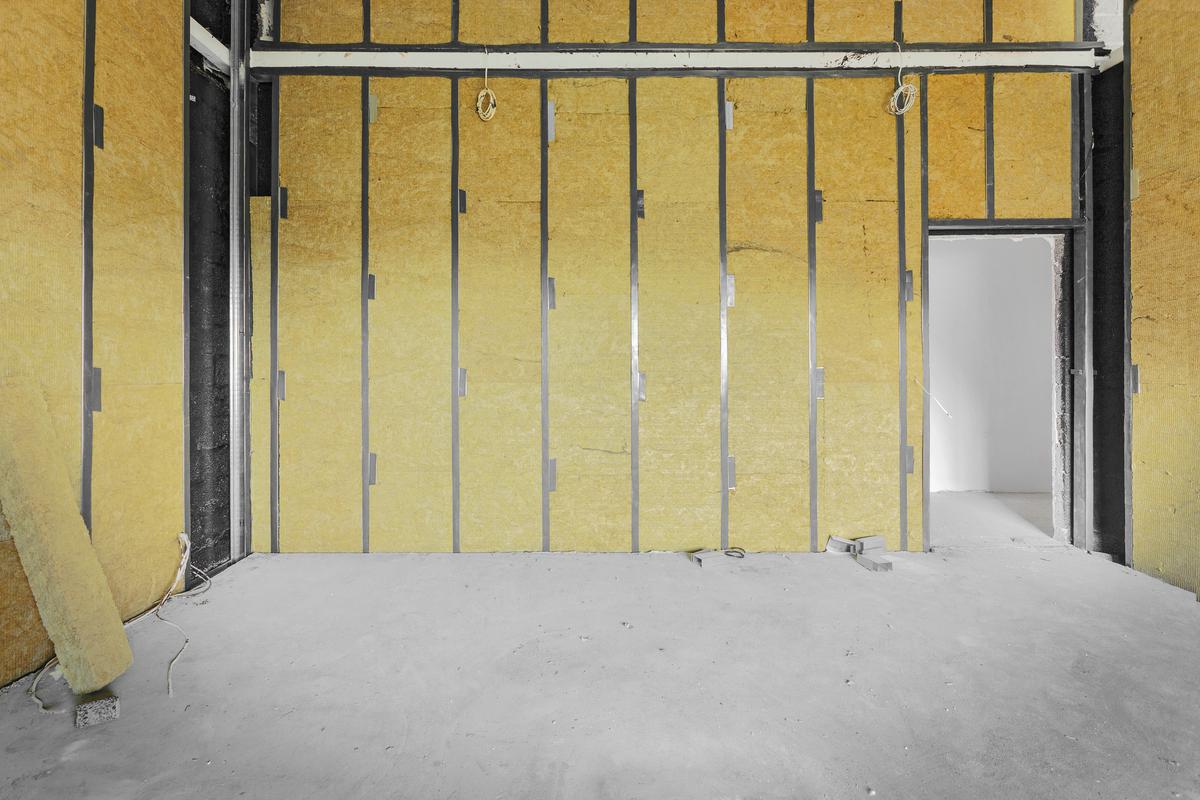
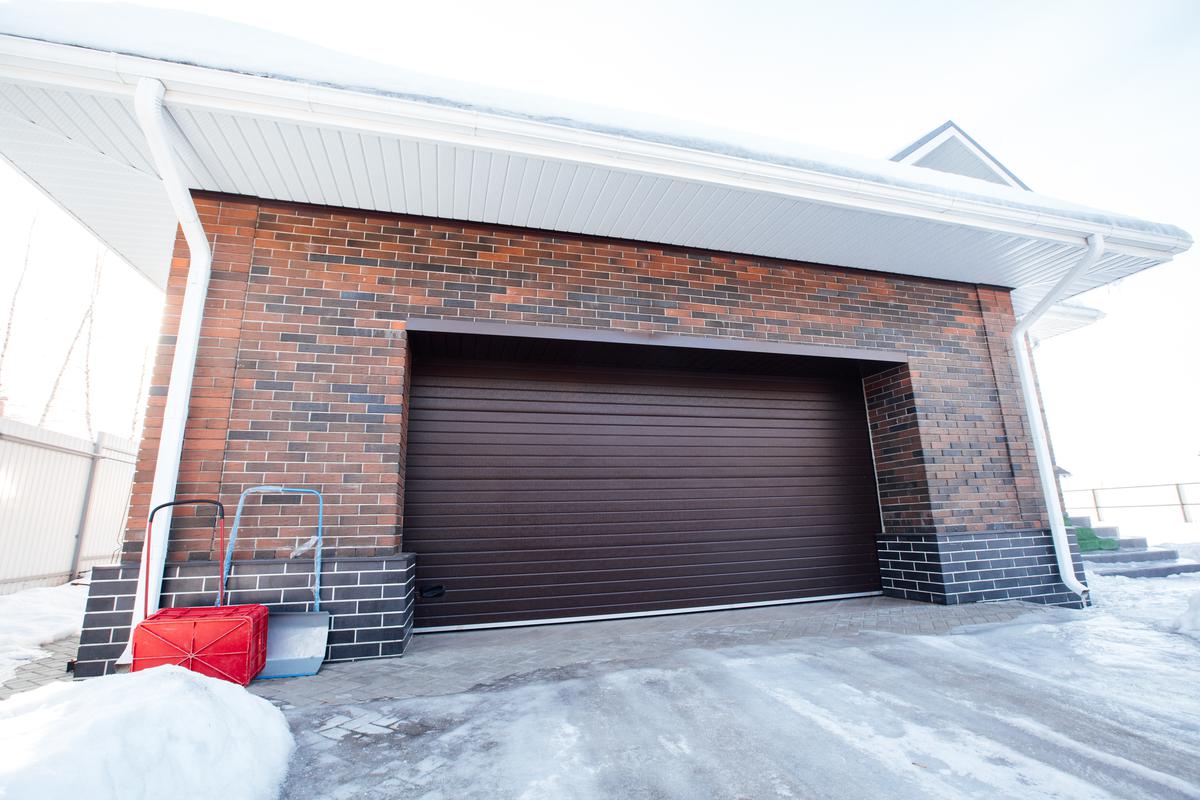
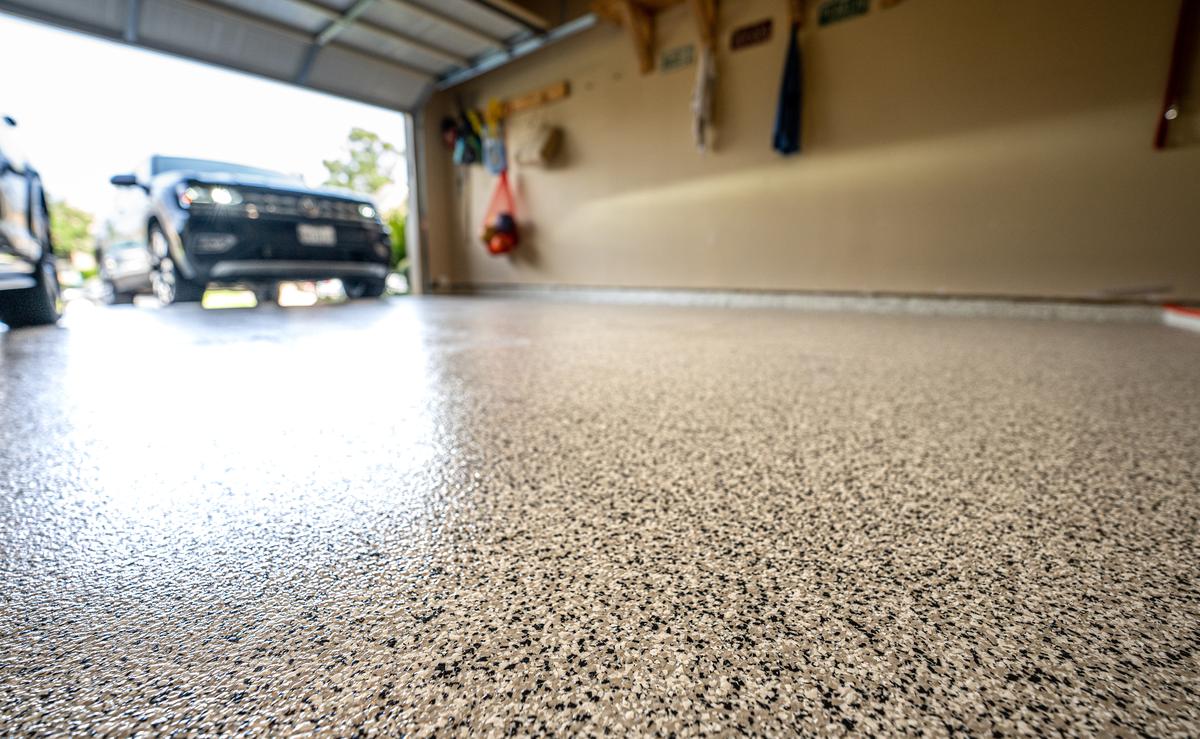
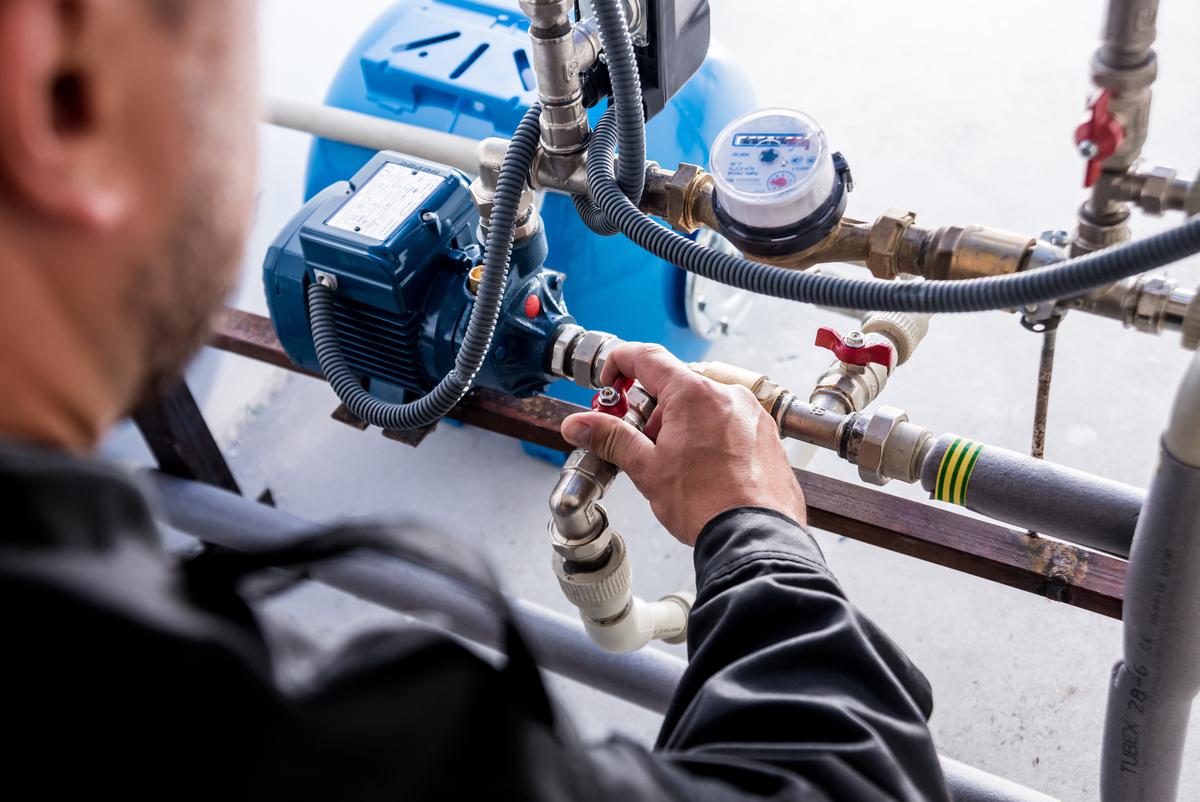
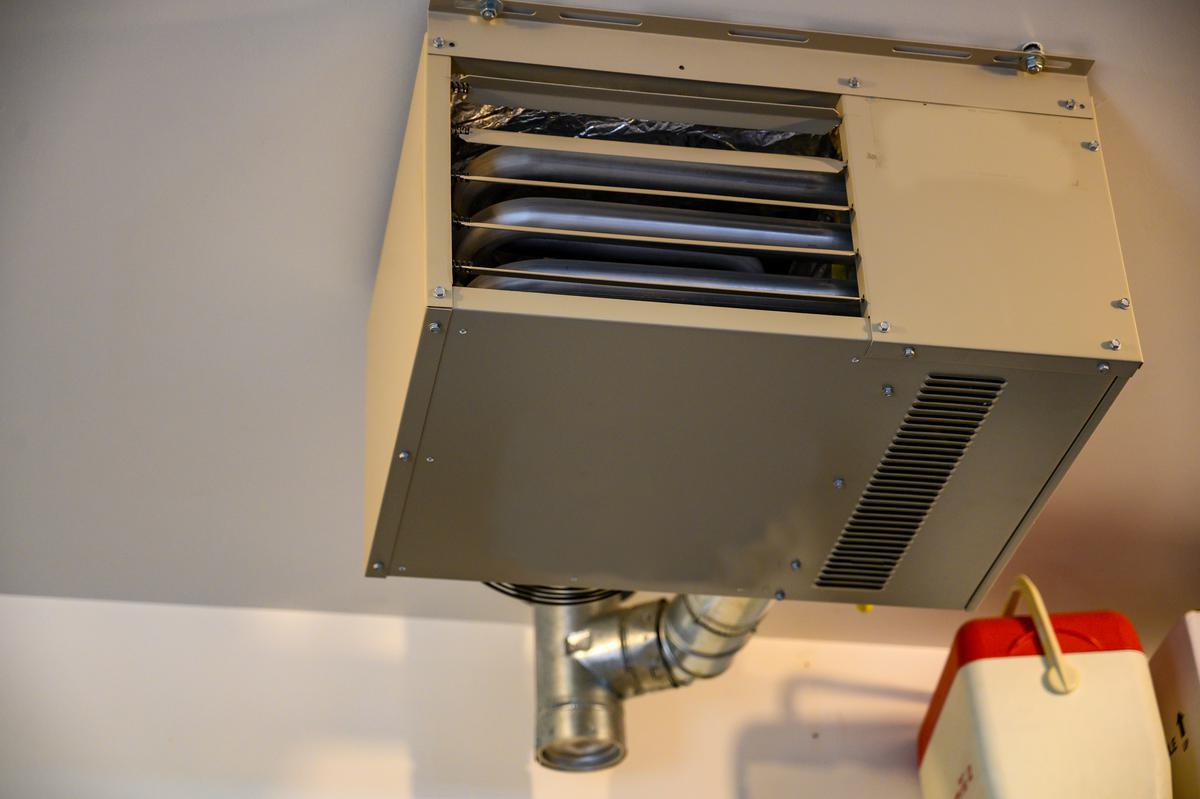
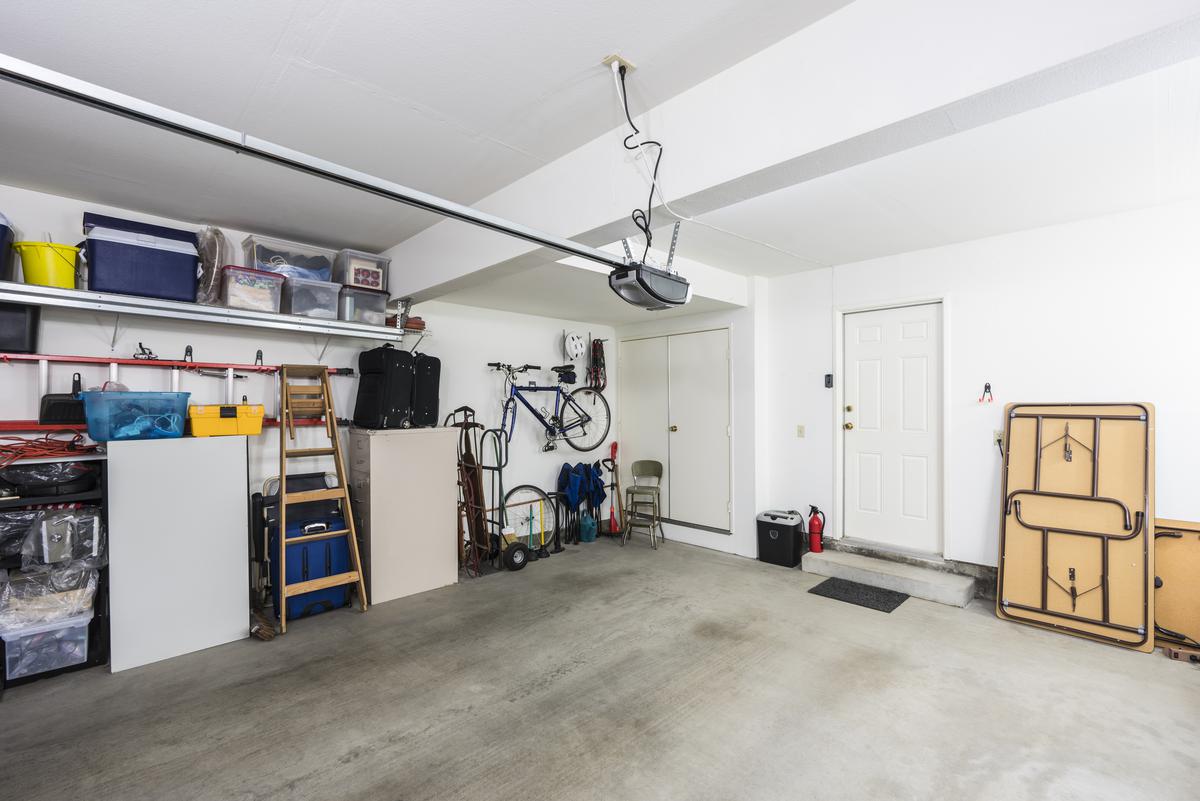
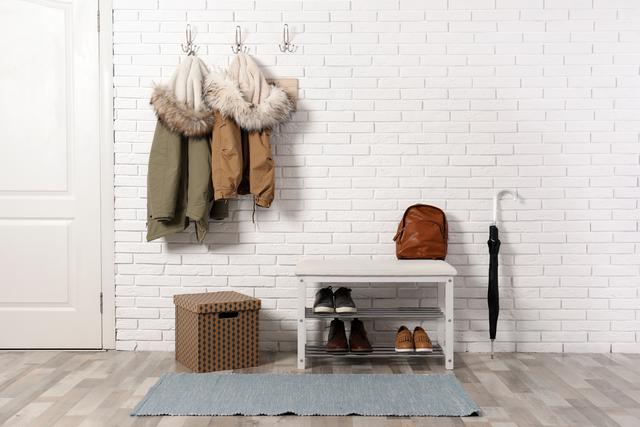
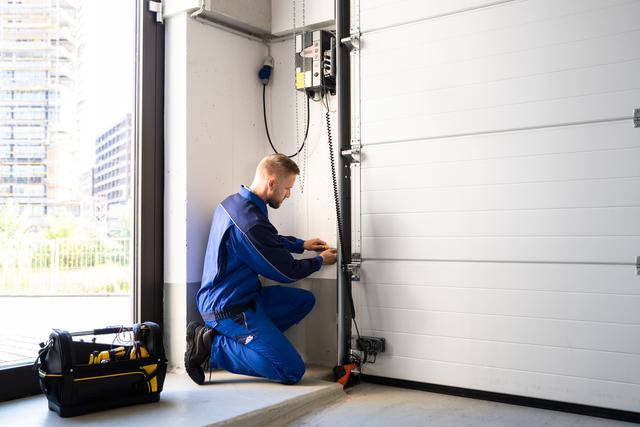
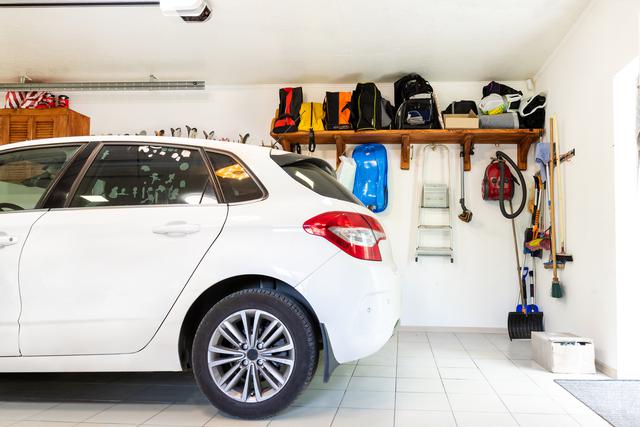
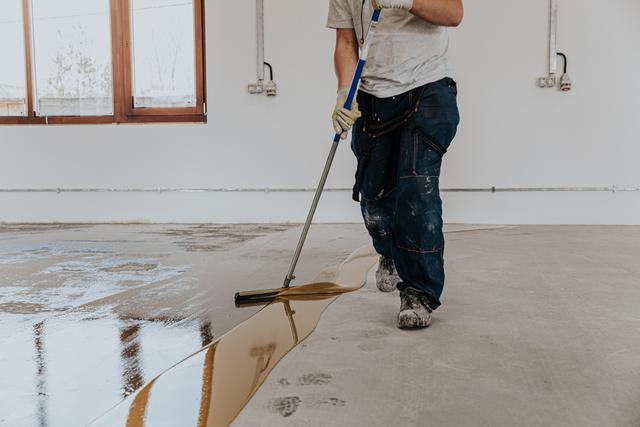
comments